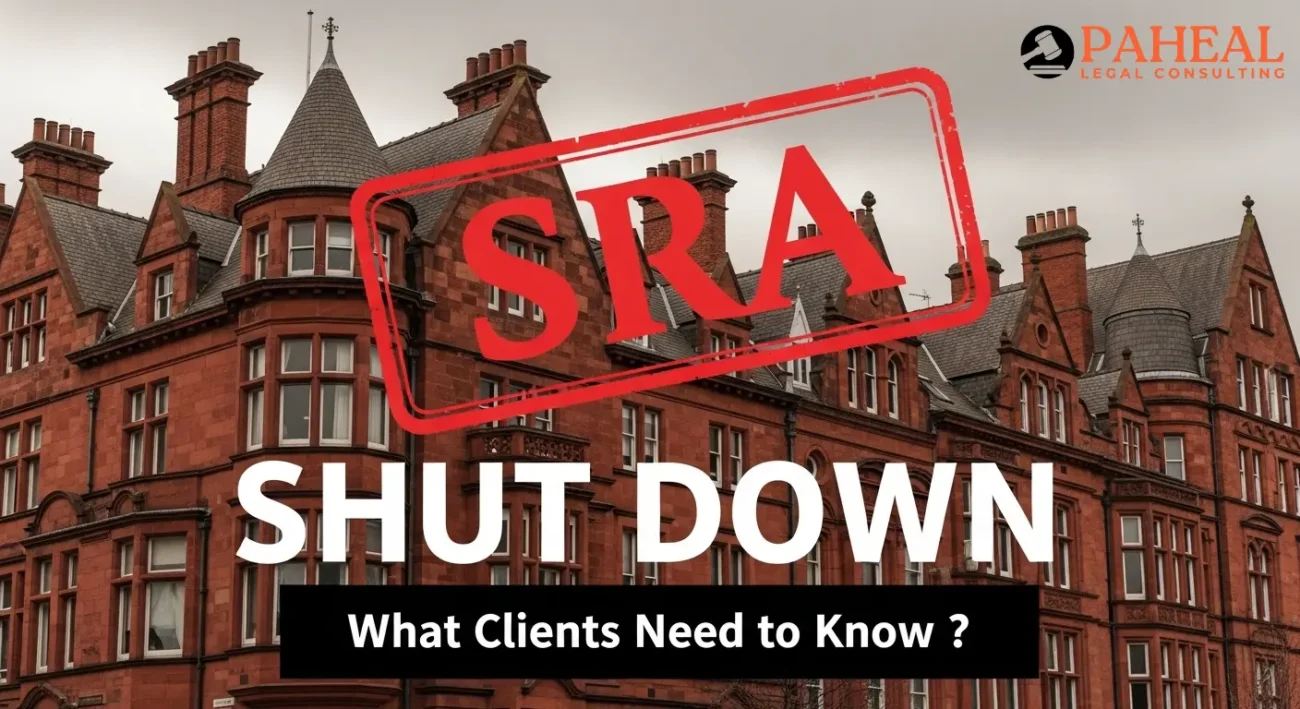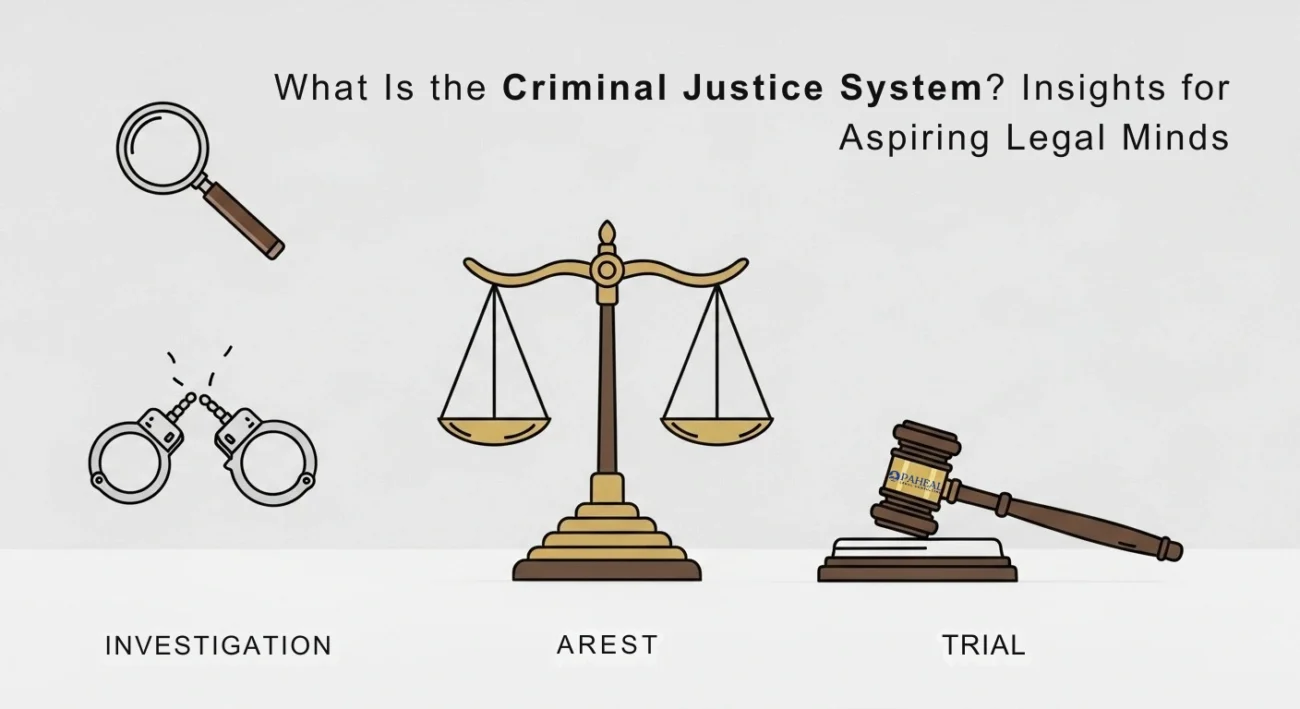
New York City home to over 3.1 million immigrants remains a beacon of hope and complexity for those navigating the U.S. immigration system. As federal policies shift dramatically under the 2025 Trump administration, New York’s state-level protections and localized challenges create a unique legal landscape. This case study examines how immigrants, attorneys, and advocates are adapting to enforcement crackdowns, systemic fraud risks, and groundbreaking defense initiatives like the New York Immigrant Family Unity Project (NYIFUP) 712.
Historical Context From Exclusion to Empowerment
Pre-1965 Quotas: The *Johnson-Reed Act of 1924* imposed racially discriminatory national origin quotas, heavily restricting Southern/Eastern European and Asian immigration 10.
Plyler v. Doe (1982): The Supreme Court upheld undocumented children’s right to public education, shaping New York’s inclusive policies 10.
Hart-Celler Act (1965): Abolished quotas, prioritizing family reunification—still the backbone of 45% of NYC’s immigration cases today 105.
Key Federal vs. New York Immigration Policies (2025)
| Policy Area | Federal Approach | New York State Protections |
|---|---|---|
| Driver’s Licenses | No national standard | Green Light Law: Licenses regardless of status 612 |
| Education Access | Plyler v. Doe upheld | In-state tuition for undocumented/DACA students (Bill 9612) 6 |
| ICE Cooperation | Aggressive enforcement | Limiting state/local collaboration (NY for All Act) 6 |
The 2025 Federal Shake Up Enforcement Over Relief
The Trump administration’s 2025 policies have intensified pressure on immigrants:
Border Wall & “Operational Control”: Executive orders mandate physical barriers and heightened personnel at the southern border 39.
Asylum Restrictions: Humanitarian parole programs suspended; entries blocked under revised “national security” criteria 89.
Alien Enemies Act (AEA): Supreme Court blocked Trump’s attempt to deport Venezuelan nationals using this 1798 law 8.
Birthright Citizenship Challenges: Federal courts temporarily halted orders limiting citizenship for U.S.-born children of undocumented parents 9.
Impact Note: NY undocumented workforce represents 4.8% of the state’s economy, yet faces heightened labor exploitation under enforcement-centric policies 9.
Local Realities Systemic Gaps & Predatory Practices
A. The Attorney Fraud Epidemic
Recent cases like Bronx attorney Kofi Amankwaa’s VAWA fraud scheme reveal systemic vulnerabilities:
Fabricated abuse claims ($6,000+/case) targeting vulnerable immigrants 2.
9 disciplinary complaints filed before license suspension—highlighting oversight failures 2.
B. Criminal Convictions & Deportation
Even minor offenses now trigger ICE action:
Aggravated Felonies: Broadly redefined to include theft or DUIs, mandating deportation 8.
NYIFUP’s Intervention: Provides free counsel to detained immigrants, increasing successful case outcomes from 4% to 48% 7.
Resilience in Action New York Innovative Protections
A. The NYIFUP Model
This first-in-nation public defender system for detained immigrants demonstrates:
1,100% increase in successful outcomes versus unrepresented cases 7.
41% of clients entered the U.S. legally (e.g., green card holders) 7.
B. State-Specific Safeguards
Workplace Rights: All workers—regardless of status—covered by NY labor laws 6.
Public Benefits: Medicaid, SNAP, and cash assistance available to many immigrants 12.
Navigating the System in 2025
Red Flags vs. Ethical Legal Representation
| Predatory Attorneys | Reputable Practitioners |
|---|---|
| Demand large cash payments | Offer clear fee structures/contracts |
| Withhold filed documents | Provide copies of all paperwork |
| Promise “100% success” guarantees | Manage expectations (no guarantees) |
Critical Steps for Immigrants:
Verify Credentials: Check NY State Bar records for disciplinary history 6.
Report Fraud: Contact NY Attorney General’s hotline: 1-800-771-7755 2.
Adjusting Status: Key considerations for:
*F-1 Students*: Prove immigrant intent arose after entry 5.
*H-1B Holders*: Leverage dual intent for marriage-based green cards 5.
Emergency Preparedness: Document custody plans for children in case of detention 8.
The Path Forward Advocacy & Systemic Reform
Federal Litigation: Organizations like the Brennan Center challenge discriminatory policies (e.g., citizenship census questions) 13.
State-Level Solutions: Expand NYIFUP funding, multilingual legal education, and employer sanctions for exploitation 712.
Community Resources:
Immigrant Defense Project: Guides on rights during ICE encounters.
NYC Council Hotlines: Multilingual deportation defense referrals.
"When attorneys exploit fear for profit, they fracture the very system designed to protect the vulnerable." NY AG Letitia James 2.
Vigilance in the Labyrinth
New York’s immigration landscape in 2025 is defined by tension: federal enforcement versus state sanctuary, predatory fraud versus transformative projects like NYIFUP. Yet the city’s legacy as a gateway endures. For immigrants, success hinges on informed navigation—verifying counsel, understanding shifting policies, and leveraging local protections. As Columbia Law scholar Hiroshi Motomura observes, "The battle for justice now lives in the minutiae of procedures and the courage of localized resistance."
Immigration Law Attorney FAQ
When consulting an immigration attorney, ask about your chances of getting a visa or green card, the process and timeline, required documents, potential risks, and fees. Inquire about their experience with cases like yours and how they'll communicate with you. Ask about potential delays, denials, and appeals to ensure you're prepared for any outcome.
Being an immigration lawyer can be emotionally taxing due to complex laws and clients' difficult situations. High stress levels, long hours, and limited job security due to government funding changes can take a toll. Immigration lawyers may also face burnout from dealing with traumatic cases, making it a challenging yet rewarding career for those passionate about helping others.
In immigration court, you have the right to be represented by an attorney, but the government doesn't provide one for free. You can hire a private immigration attorney or seek free or low-cost representation from non-profits or pro bono attorneys. Having an experienced attorney can significantly impact the outcome of your case.
The New York Division of Human Rights (DHR) enforces state civil rights laws and investigates discrimination complaints.
Need more help?
Call, email or chat a member of the Answer Connect team today!
What Is the Criminal Justice System? Insights for Aspiring Legal Minds
-
Posted by
 admin
admin
- 0 comments
How a Car Accident Lawyer Can Influence the Outcome of Your Claim
-
Posted by
 admin
admin
- 0 comments
Chat with a LiveHelp Operator now!
Need help finding what you need?
Chat with a live operator Monday to Friday, 9 AM to 5 PM (NY Time).
Please note that LiveHelp is unavailable on most holidays. Before chatting, review our privacy policy for more information.




